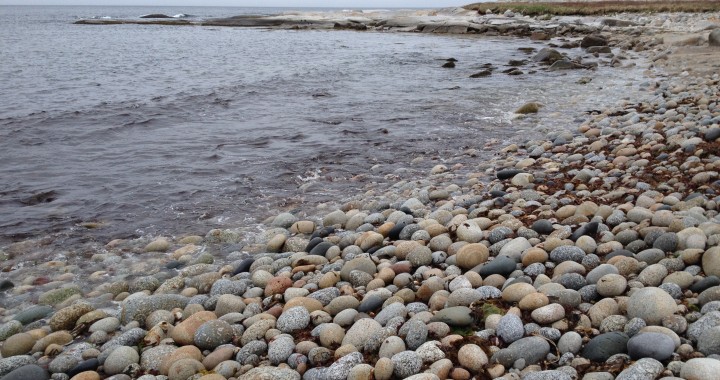The Province of Nova Scotia has recently undertaken a review of the Mineral Resources Act (“the Act”) and corresponding regulations. This legislation provides a framework for the extraction of mineral resources in the province. Changes to the Act have the potential to affect private property rights, so Nova Scotia landowners should pay attention to the review process and any subsequent amendments.
Source of provincial authority:
Section 92 of the Canadian Constitution Act gives provincial governments the authority to make laws concerning property rights, local works and undertakings, and direct taxation for provincial purposes. It proceeds to specify at section 92A that provincial legislatures may exclusively make laws in relation to exploration, development, conservation, and management of non-renewable natural resources in the province; and furthermore, to make tax laws relating to non-renewable natural resources and their primary production.
Types of non-renewable resources in Nova Scotia:
Non-renewable resources mined in Nova Scotia include gypsum, salt, aggregate (e.g. crushed stone, sand & gravel), coal, and various metals including antimony, copper, gold, iron, lead, tin, and zinc. Nova Scotia’s Natural Resources Department provides information about the mining of these resources on its website.
The purpose of the Mineral Resources Act:
The purpose of the Act is “to support and promote responsible mineral resource management consistent with sustainable development while recognizing the following goals:
(a) providing a framework for efficient and effective mineral rights administration;
(b) encouraging, promoting and facilitating mineral exploration, development and production;
(c) providing a fair royalty regime; and
(d) improving the knowledge of mineral resources in the Province.” (Section 1A)
In other words, the Act engages with the discovery and exploration of certain minerals and the administrative and economic aspects of their production. The full text of the Act can be found here.
The term “mineral” is defined in section 2 of the Act as:
a natural solid inorganic or fossilized organic substance and a substance prescribed to be a mineral, but does not include (i) ordinary stone, building stone or construction, (ii) sand, gravel, peat, peat moss or ordinary soil, (iii) gypsum, (iv) limestone, except that which is vested in the Crown, and (v) oil or natural gas, unless declared to be a mineral by the Governor in Council;
As further clarified by the Nova Scotia government, the Act does not address “…aggregates, pits and quarries, fracking, uranium mining, oil and gas exploration, land use planning or health and safety issues related to mining.”
Key aspects for Nova Scotia landowners:
Private landowners should be aware that ownership of minerals in Nova Scotia is reserved to the Crown. This is provided by section 4(1) of the Act, which says:
All minerals are reserved to the Crown and the Crown owns all minerals in or upon land in the Province and the right to explore for, work and remove those minerals.
Section 17 affords government agents the right to enter your land without penalty – provided they are acting with the appropriate authority and cause as little damage as possible. This is not the case for private companies or individual mineral rights holders, who must first obtain your consent before entering upon and working the land (section 39).
If a private landowner refuses to allow a mineral rights holder access to their land then the holder of that interest can apply to the provincial Minister of Natural Resources for a surface rights permit to pass over, enter upon, and work such lands (section 100).
Similarly, if an individual or mining company holding a mineral lease (leaseholder) wants to set up a mine on private land but cannot reach an agreement with the landowner the leaseholder may apply to the Minister for an order granting it the required rights or interest in lands (section 70).
For more information about how changes to the Act could affect your interests please contact Sarah Shiels sarah@cslegal.ca.

